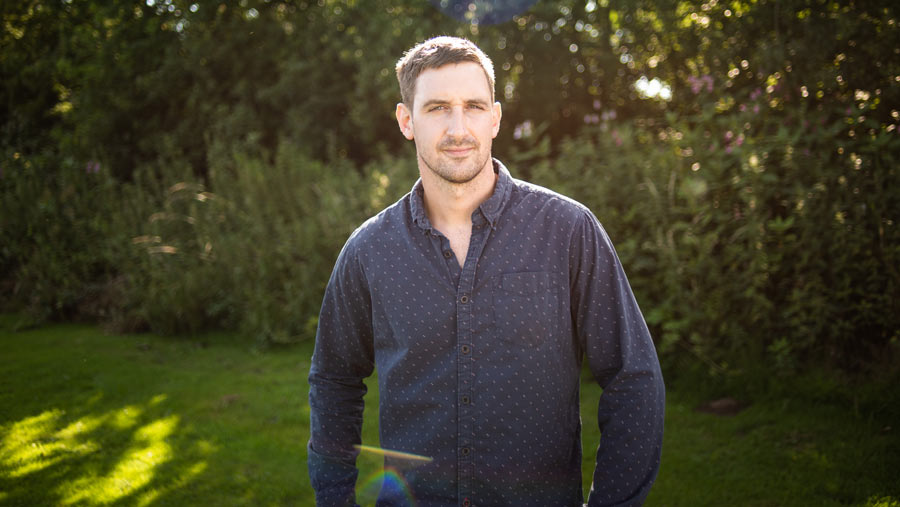Men in rural areas least likely to seek mental health help
 es0lex/Adobe Stock
es0lex/Adobe Stock Men in rural communities are the least likely to seek support if they are struggling with their mental health, new research by the Samaritans shows.
A survey of 2,000 people found that only 43% of men living in rural areas would reach out for support or talk to someone about poor mental health, compared with 51% of men living in urban areas.
See also: Where farmers in need can find charity help
Women living in rural areas are much more likely than men to seek help, with 60% saying they would talk to someone if they were struggling.
Two-thirds of men living in rural areas (66%) said there are a variety of factors that would stop them finding help.
Samaritans discovered the top three barriers are stigma around mental health (18%); not knowing who to turn to (15%); and lack of awareness of support available (15%).
As part of a new rural campaign – Real People, Real Stories – Samaritans is sharing experiences of farmers who have overcome struggles with poor mental health by reaching out for help.
The campaign is supported by NFU Mutual and the organisations want to show male farmers in particular that help is available and they do not need to face things alone.
Paul McDonald, executive director of external affairs at Samaritans, said there was an increased risk of suicide for people working in farming due to poor access to services, isolation and persistent loneliness.
“It’s essential we do more to reach people in these environments,” he said.
“Samaritans is here for anyone struggling to cope, no matter who you are or where you are.
“Mental health challenges and suicide are complex, going beyond where you live or your profession, but these can be factors,” he added.
Case study: Sam Dilcock

Sam Dilcock © Philip Hatcher Moore
North Yorkshire farm worker Sam Dilcock said it felt like a “weight had been lifted off my chest” when he opened up to his family about his poor mental health.
Long hours in the tractor cab, financial worries, social isolation and a relationship breakdown meant Sam turned to alcohol, which caused more problems.
“You don’t realise how much damage you are doing to yourself, you’re cancelling a social life, doing too much all at once and you burn yourself out. That happens over a period of years,” the 32-year-old told Farmers Weekly.
Concerned friends spoke to Sam’s family and asked them to intervene after he ended up in hospital following a night of drinking in autumn 2015.
“All my family were sat round the table and that was the point they asked me what was going on. I hadn’t told them about the relationship problems or the financial difficulties.
“You don’t tell people things because you don’t want them to worry, but they are probably more worried that you’re not talking to them.
“When we started talking my heart was in my stomach, but once I had finished it was like someone had lifted a weight off my chest. Once it was out there I just felt calmer. It just made everything so much clearer in my own mind.”
Sam said from that point onwards, he felt relief and some confidence that things would get better.
“If you think you need to talk to someone, then do it. Pick up the phone to the Samaritans who are there and will listen. Having that one conversation is a lot easier, in hindsight, than trying to solve everything after.”
